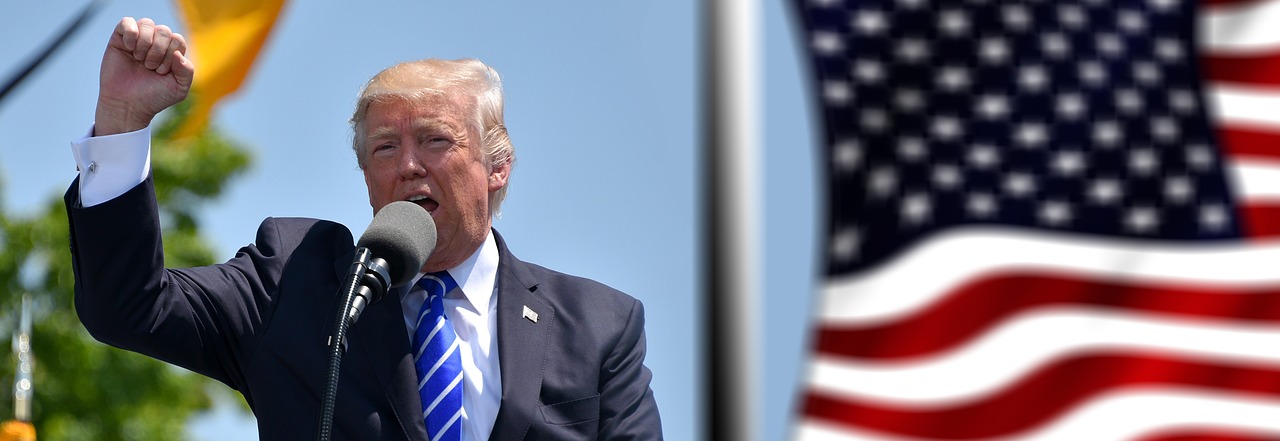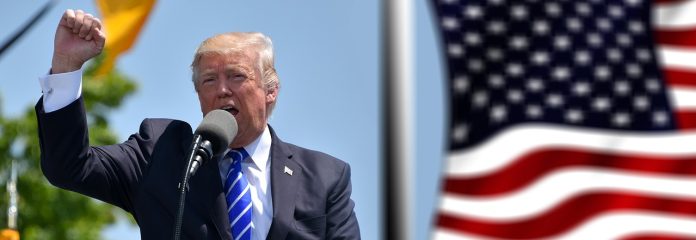In his first news conference since winning the 2024 presidential election, President-elect Donald Trump has set the stage for key policy directions on both domestic health and international affairs. This conference marked a pivotal moment where Trump clarified his views on vaccines, pharmaceutical costs, and global relations — all topics of significant public interest and scrutiny.
Support for the Polio Vaccine Amid Controversial Appointment
Despite appointing Robert F. Kennedy Jr., a known vaccine skeptic, as the incoming Secretary of Health and Human Services, Trump firmly expressed support for the polio vaccine. This stance is seen as an effort to balance his administration’s position on public health with the views of his controversial appointee.
Trump stated clearly during the news conference: “I am a believer in vaccines that have been proven effective. The polio vaccine has saved countless lives.”
His comments were aimed at reassuring the public that proven vaccines will remain a priority, even as debates around vaccine skepticism continue to polarize public opinion. The appointment of Kennedy Jr. has raised eyebrows due to his past claims questioning vaccine safety, which has left many wondering how Trump’s administration will navigate vaccine policy.
Lowering Pharmaceutical Costs: A Major Promise
Another key domestic issue Trump addressed was the cost of pharmaceuticals. He promised significant efforts to lower drug prices, pointing out the role of intermediaries — often referred to as Pharmacy Benefit Managers (PBMs) — who influence drug pricing. Trump criticized the opacity in pharmaceutical pricing, suggesting that reducing the influence of these intermediaries could lead to fairer prices for consumers.
Trump pledged: “We need transparency and fairness in drug pricing. The American people deserve affordable medication, and we will tackle this issue head-on.”
This promise reflects growing frustration among Americans over high drug prices and may shape healthcare policy in the coming years.
Revisiting the TikTok Ban and Global Tech Relations
On the international front, Trump hinted at reconsidering the potential ban of TikTok, the Chinese-owned social media platform. While his previous administration pushed for a ban citing national security concerns, Trump’s current stance appears more open to negotiation. He stated that while national security remains a priority, a blanket ban might not be the only solution.
This shift reflects a broader trend of balancing national security concerns with the realities of a global digital economy. With millions of American users on TikTok, any policy decision on the platform will be widely scrutinized.
Active Role in Global Conflicts

In addition to domestic issues, Trump underscored his commitment to engaging in global conflict resolution. He highlighted ongoing efforts to mediate between Israel and Hamas, as well as the Russia-Ukraine war. Trump’s approach signals an active foreign policy agenda focused on diplomacy and strategic negotiations.
He remarked: “America must be a leader in bringing peace where we can. We are working to resolve these conflicts and will do everything in our power to foster stability.”
This stance suggests that Trump’s administration may adopt a hands-on approach to international diplomacy, aiming to reinforce the United States’ role as a global mediator.
Balancing Act for the Next Four Years
Trump’s press conference provided insight into his administration’s balancing act — maintaining a firm stance on vaccine efficacy while accommodating vaccine skeptics in key positions, pushing for transparency in drug pricing, and reevaluating contentious policies like the TikTok ban. His emphasis on diplomacy and global conflict resolution also highlights his broader international ambitions.
The months ahead will reveal how Trump’s promises translate into concrete policies and actions. As the world watches, his administration’s approach to both domestic health issues and global relations will undoubtedly shape the next chapter of American leadership.



